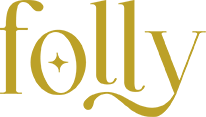5 (or so) Questions with Rowan Taigel
In the world of independent publishing, Rowan Taigel stands out with her innovative approach to poetry. With a background in supporting English Literature students and a passion for the arts, Rowan has transformed her love for poetry into a unique form of creative expression: the zine. We sat down with Rowan to explore the inspiration behind her zines, her creative process, and her thoughts on the literary world.
What inspired you to make zines?
It started out with a workshop, I wanted to inspire students to be brave and put their writing out there, and zines felt like a safe, accessible way to do that. I’ve been a poet for years, and I’m very passionate about poetry. I wanted to create something that felt safe, fun, and intriguing—a small treasure that brings poetry to life
How do you design your zines? Do you match the design to your poetry?
I type out the poem first and then determine how many stanzas fit on each page to ensure a smooth flow. I love old encyclopaedias and medical journals for their unique art.
Do each of your zines have a theme?
The theme usually evolves as I pair the images with the poems.My goal is to create zines that feel cohesive and engaging, allowing each piece to develop its own identity.
Do you imagine different audiences for each zine?
Each poem isn’t for everyone. I don’t focus on who will read it or on reaching a specific audience. The biggest goal is to turn more people onto poetry and make it more approachable.
Where did you first discover zines?
I first discovered zines while looking for ways to support my students with visual aids for their English Literature exams. I was hooked from then on!
What do you love about Folly Journal?
I love that Folly openly rebels against the high-brow stereotype of literary journals and publishes writing that people want to read—subversive and engaging.
One piece of advice for aspiring writers?
Read as much as you can in the genre you want to write in. Immerse yourself in it, explore diverse voices, and then just start writing. Let your own voice come through without second-guessing if you’re ‘doing it right.’
Favorite female author and artist?
Sylvia Plath. Her intelligence, strength, courage, and visceral imagery have always inspired me to be brave in my writing. As for female artist, Pauline Bellamy’s dynamic work has left a lasting impression on me.

